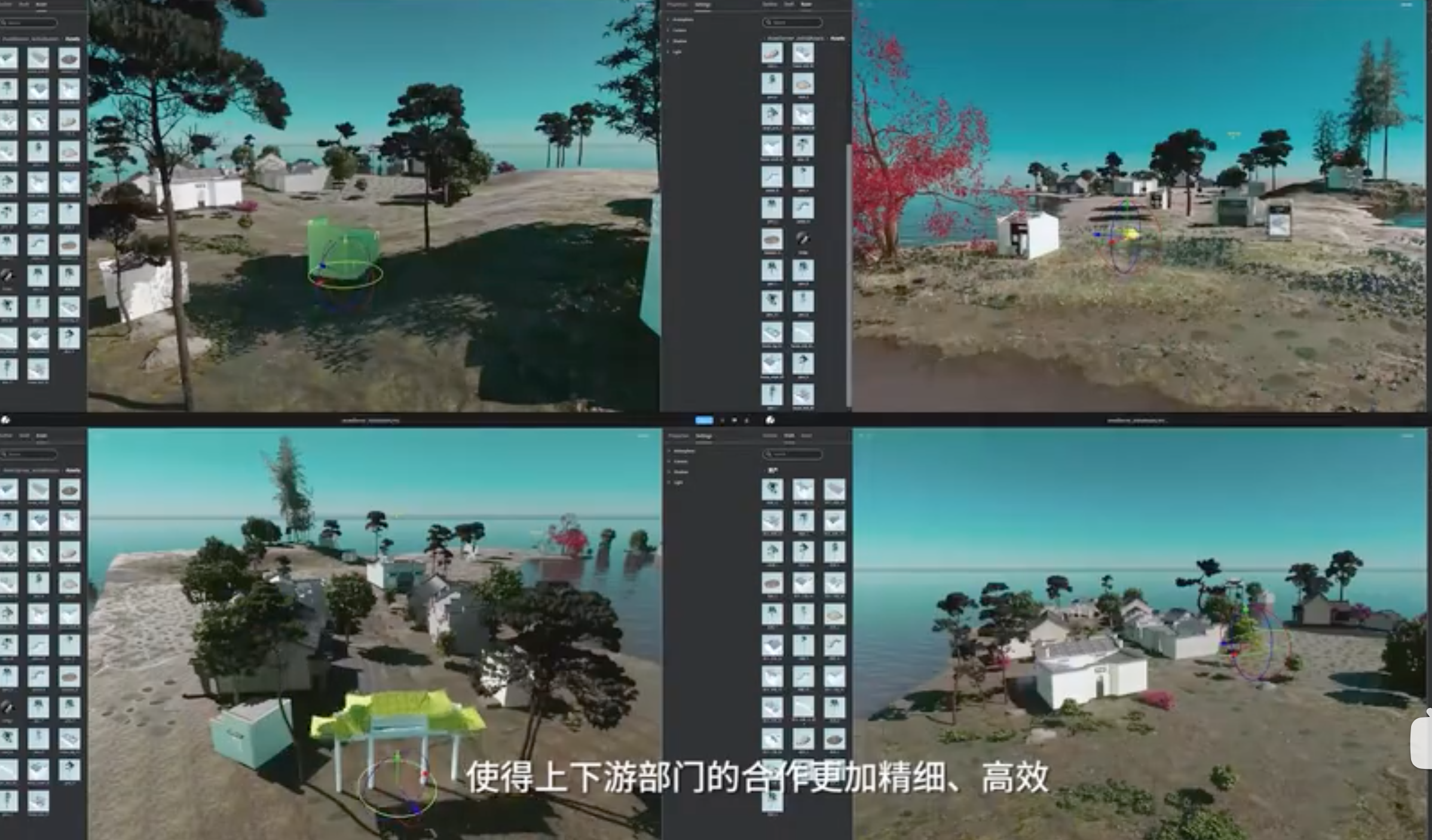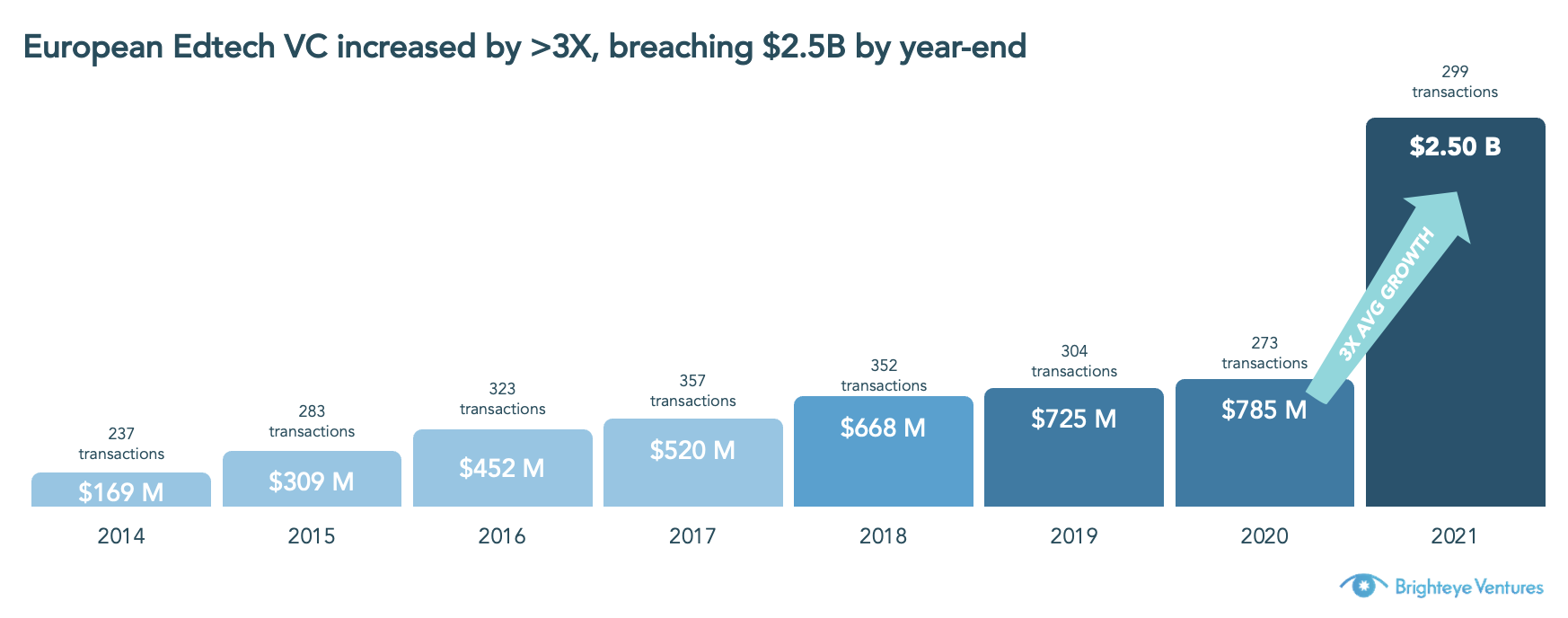Crypto enthusiasts promise to build a decentralized money system that allows people to freely trade without any intermediary intervention. It’s a rosy picture, but recent events of security vulnerability indicate that the decentralized world might not be working as well as the believers envision yet.
That’s why entrepreneurs, infused with venture capital, are racing to make crypto applications more secure. One of them is Singapore-based Safeheron, which recently raised $7 million in a pre-Series A funding round.
Safeheron’s goal is to make private keys safer. Private keys, critical to decentralized crypto apps, let individuals take control over their digital assets through self-custody wallets rather than leaving control to a centralized institution.
When users make a transfer from their self-custody wallet, they need to sign off on the transaction with those passphrases. Users basically become their own banks.
This arrangement comes with risks though. If hackers get hold of certain secret codes and drain the corresponding wallets, users have no way to recover their funds in the absence of a centralized party that is shouldering responsibilities.
Safeheron’s solution to buttress the security of private keys takes cues from the multi-party computation (MPC) concept, which was first introduced by a Turing Award-winning computer scientist. In the context of digital assets, MPC works by distributing the signing process between multiple computers, in contrast to the conventional way of relying on one private key to approve transactions.
Bruce Wang, chief technology officer at Safeheron, gave this analogy: “Say you have a safe. Instead of using one single original key, we are using multiple keys to open it.”
Other startups are also using MPC to enable distributed signing of crypto transactions, but Wang pointed to the fact that Safeheron is open-sourced, which gives its clients more transparency into its source codes.
“Being open-sourced is key to building trust among users,” said Yu Chen, a partner at Yunqi Partners, which co-led Safeheron’s latest round with Web3Vision.
Like several other top venture capital firms that focus on China, Yunqi is allocating capital to backing web3 projects that are built by Chinese talent and aimed at the global market.
Other investors in the round include PrimeBlock Ventures, M77 Ventures, ShataCapital, Kryptos, Antalpha Ventures, Waterdrip Capital, 7 O’clock Capital, Misa Zhu, founder of AR glasses maker Rokid, and Fan Zhang, a former co-founder of Sequoia Capital China.
Since its product launch in October, Safeheron has powered over 20 clients, which altogether have more than $100 million in cryptocurrencies under custody and have facilitated more than $4 billion worth of transactions using Safeheron’s wallet-as-a-service, according to Wang.
The young startup just onboarded a heavyweight customer, the popular Ethereum-based wallet MetaMask, which had amassed over 30 million monthly active users as of March. By adding Safeheron’s MPC capabilities, MetaMask can allow users to sign transactions using multiple devices or applications instead of just one.
Like many Singapore-based web3 entrepreneurs, Wang and his co-founders are veterans of China’s tech industry. While China has outlawed crypto trading to prevent financial speculation, the government has been supporting research efforts into the underlying blockchain technology, Yunqi’s Chen noted.
“China is working on its own digital currency, which could also make use of technologies like MPC in the future,” Wang suggested.



